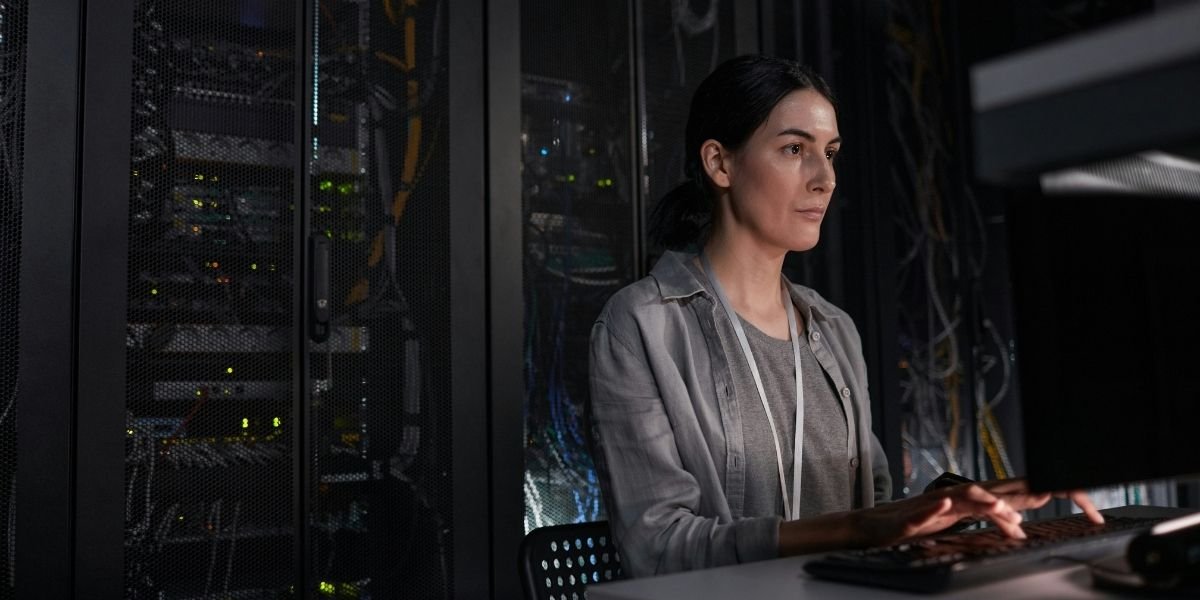Wellness platforms often provide surveys and uplifting messages; what’s missing is a deeper experience that could shift the way people feel and heal. Karim Ghelani believes the future could look different. Through his venture Humanity Shift, he is creating AI tools that enable people to hold real conversations with figures like Buddha, Einstein, or Jesus for guidance and support. The idea may sound unconventional, but Ghelani’s conviction is rooted in deeply personal experience.
Bringing Ancient Wisdom Into Modern AI
Before founding Humanity Shift, Ghelani spent years battling anxiety and depression. In those difficult moments, he often wondered what it would be like to seek counsel from the wisest teachers in history.
‘How incredible would it be to experience Jesus as your therapist in VR, or join Buddha in guided meditation that feels real through augmented reality?’ he recalls. That question sparked the creation of his company. The obstacles are significant. Many AI chatbots today feel stiff and mechanical, which is a far cry from the kind of experience he imagines. Ghelani wants something alive, something that captures the spirit of history’s greatest minds. “These were real people—Einstein, Jesus, Rumi. They carried wisdom that shaped the world,” he says. His team is designing AI that doesn’t just recycle quotes but aims to respond as those figures might have in genuine conversation.
Designing AI That Feels Human
Ghelani first put the idea to the test on himself. He wanted to know if AI-guided wisdom could actually help with the weight of anxiety and depression. The results were enough to convince him to turn the concept into a business. “I transformed the pain of anxiety into a business. And that’s my purpose. My purpose is service,” he says. Humanity Shift is not his only project. Ghelani is also building VXL, a virtual reality platform that recreates the energy of live concerts. “If you can’t go to an Oasis show, or whatever performance you want, you might be able to put on VR goggles and feel like you’re there,” he explains. Users can explore the venue, walk backstage, and feel like part of the event. The connection between VR concerts and mental health may not seem obvious at first. For Ghelani, it is deeply personal. “Music heals. Anxiety, depression, addiction—that was my pain, my insecurity, my feeling of not being worthy,” he shares. VXL is his way of bringing music’s therapeutic power to people who cannot attend live shows in person.
He also has strong opinions about the language around technology. Ghelani dislikes the term “artificial intelligence,” preferring “automated intelligence,” which he feels more accurately describes the reality. “We were given nuclear energy as a tool. We could have used it for good or bad. And you saw what happened there. AI is the same thing,” he says. That belief guides how he builds his companies. His goal is not to replace human connection but to make wisdom and healing more accessible. “You can automate, you can do your tasks faster, you can use it for mental health. It is in the medical profession. My mom had surgery and AI performed her operation,” he explains.
Shaping Technology for Collaborative Futures
Ghelani calls 2025 “the year of the creator” and encourages technology companies to rethink how they operate. “The colleagues you collaborate with, the people you call employees, they are not working for you. You are all working for each other,” he says. “You win, I win. I succeed, you succeed.” Both Humanity Shift and VXL are still in development, and nondisclosure agreements limit what he can reveal about upcoming partnerships. What he can share is his vision: harnessing advanced technology to bring ancient wisdom and healing experiences to anyone who seeks them. For entrepreneurs exploring mental health technology, his model is not entirely conventional. Rather than building yet another app that tracks moods or sends reminders, Ghelani is asking bigger questions about what technology might be able to do for human well-being.
Readers can connect with Karim Ghelani on LinkedIn or learn more about his philosophy in his book “Fate, Faith, and Free Will.”













